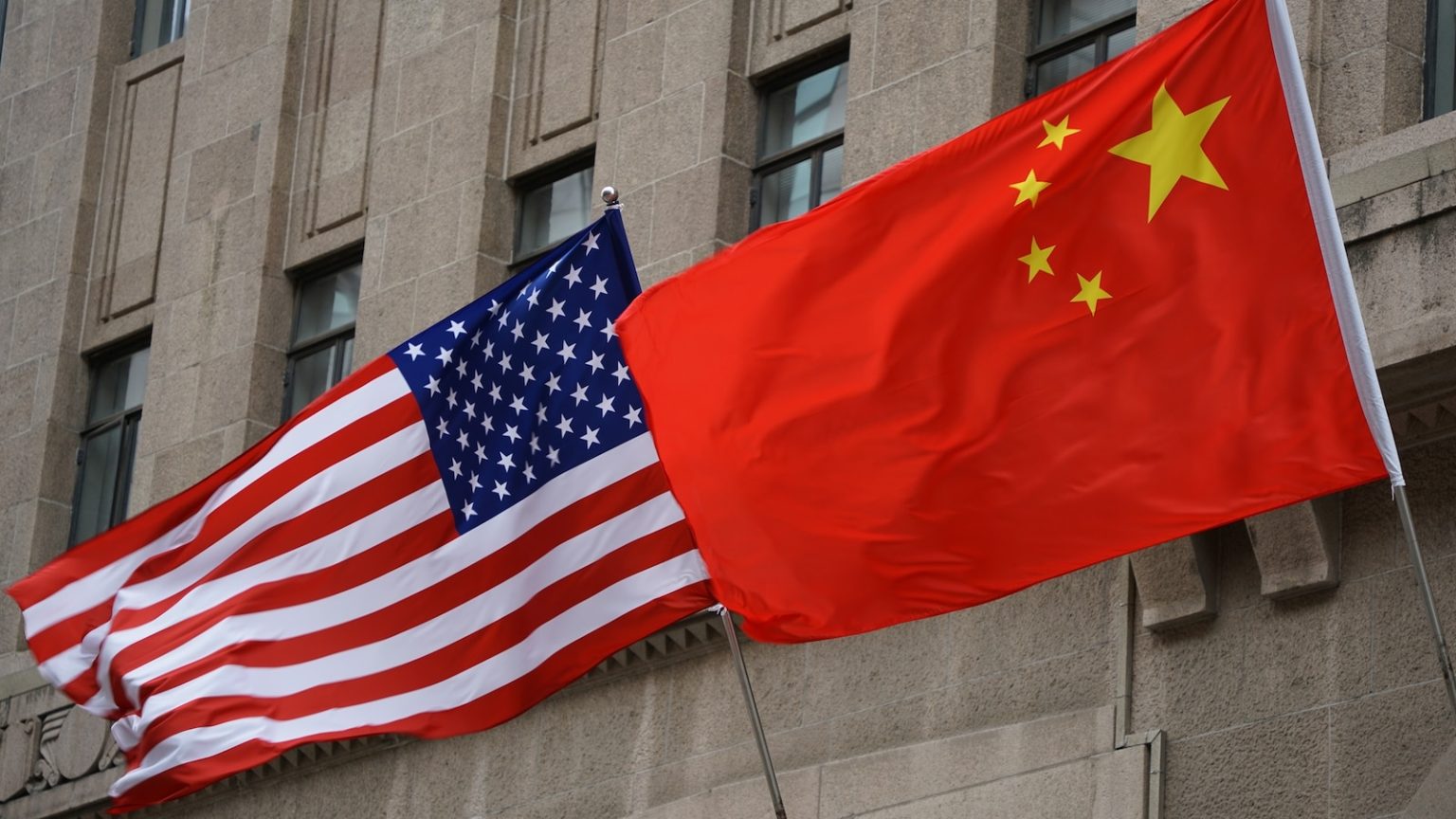The Shifting Landscape of International Aid: U.S. foreign assistance under review as China’s influence grows
The global landscape of international aid is undergoing a significant transformation as the United States reviews its foreign assistance programs, leaving many non-governmental organizations (NGOs) in limbo. The uncertainty surrounding U.S.-funded initiatives has raised concerns that China could emerge as the primary benefactor in regions where American aid is withdrawn. Nowhere is this more evident than in Cambodia, where U.S.-backed demining efforts are facing an existential crisis. The U.S. State Department has ordered grantees in Cambodia to halt operations, effective January 26, as part of a broader reassessment of its global assistance programs. For NGOs and local authorities, this sudden interruption of funding threatens not only their missions but also the lives of millions of people affected by unexploded ordnance (UXO) and landmines.
The Impact in Cambodia: A Lifeline at Risk
Cambodia’s demining efforts have long relied on U.S. funding, which accounts for 30% of the nation’s demining work. Since 1993, the State Department’s Office of Weapons Removal and Abatement has provided critical grants to remove landmines and UXO, remnants of Cambodia’s brutal civil war and the U.S. bombing campaigns during the Vietnam War. Bill Morse, chairman of the Cambodian Self-Help Demining (CSHD), underscores the gravity of the situation: “We’ll be clearing unexploded ordnance here for 100 years.” His words reflect the enormity of the task and the potential consequences of losing funding. With an estimated 4 to 6 million landmines and UXO scattered across the country, the Cambodian Mine Action Centre (CMAC) warns that these remnants have already claimed nearly 20,000 lives and caused 10,000 amputations. The suspension of U.S. grants has pushed NGOs to scramble for alternative funding sources, with Morse bluntly stating, “We’ll take money from anyone if they help us clear landmines. I’m not going to be picky about it.”
Rising Chinese Influence: A New Era of Global Aid
As the U.S. reevaluates its foreign assistance, China has wasted no time in positioning itself as a key player in international development. In Cambodia, China has already stepped in to support demining efforts, contributing $4.4 million to the CMAC. This move signals a broader shift in China’s approach to global aid, as it seeks to expand its influence in regions where U.S. programs are being scaled back. Cambodia, a nation increasingly reliant on Chinese infrastructure investments, offers a stark example of how Beijing is capitalizing on the void left by U.S. retrenchment. The country’s demining authority has also reached out to other international donors, including Germany, Canada, and Japan, to fill the funding gap. Yet, China’s growing role in Cambodia is not without strategic implications, as it underscores Beijing’s ambition to assert itself as a leader in global development.
Strategic Competition: The U.S. and China Vie for Influence
The debate over U.S. foreign assistance has taken on a decidedly partisan tone, with lawmakers from both parties invoking China as a potential beneficiary of American withdrawal. During a recent House Foreign Affairs Committee hearing, Democrats and Republicans alike expressed alarm over the potential consequences of reducing U.S. aid, emphasizing the need to counter China’s growing influence. Chairman Brian Mast (R-Fla.) characterized USAID’s programs as “indefensible” and “literally betray[ing] America,” while Democrats warned of ceding U.S. influence in critical regions. The hearing highlighted the bipartisan consensus that strategic competition with China should guide U.S. foreign policy. As Rep. Ami Bera (D-Calif.) noted, “We’re already seeing China step in and take things over,” referencing Beijing’s expanding role in the Pacific Islands and other regions.
Looming Humanitarian and Strategic Risks: The Costs of Withdrawal
The stakes of the U.S. foreign assistance review extend far beyond political rhetoric, with life-and-death consequences for communities in Cambodia and beyond. Bill Morse warns that the suspension of U.S. funding could lead to a surge in accidents involving landmines and UXO, as critical demining operations are delayed. “What’s going to happen is, there’s a very good chance people are going to die,” he said grimly. “Next month, they’re going to walk into an area that should have been cleared this month. They’re going to step on a landmine, blow their leg off, and bleed out.” Beyond the immediate humanitarian risks, experts caution that U.S. withdrawal could have long-term strategic implications, allowing adversarial powers to exploit the vacuum. Former Republican Rep. Ted Yoho testified that “if we’re not there, China will be there,” emphasizing the importance of maintaining U.S. programs to counter Beijing’s influence.
Conclusion: A Crossroads in U.S. Global Leadership
As the U.S. grapples with the future of its foreign assistance programs, the world watches to see whether American leadership in global development will give way to a new era of Chinese dominance. The situation in Cambodia serves as a microcosm of this broader struggle, with billions of dollars in U.S. aid hanging in the balance. While the State Department assures that “programs that serve our nation’s interests will continue,” the unprecedented freeze on funding has left recipients and partners in a state of limbo. For Morse and others on the front lines of demining, the stakes could not be higher. “Clearing landmines doesn’t simply save lives,” he said. “It creates opportunities for farming, schools, hospitals, and infrastructure.” In a world where aid is increasingly weaponized as a tool of geopolitical influence, the U.S. must decide whether to maintain its leadership in global development or risk ceding the field to competitors like China. The decision will have far-reaching consequences, shaping the fate of nations, communities, and countless lives for decades to come.















